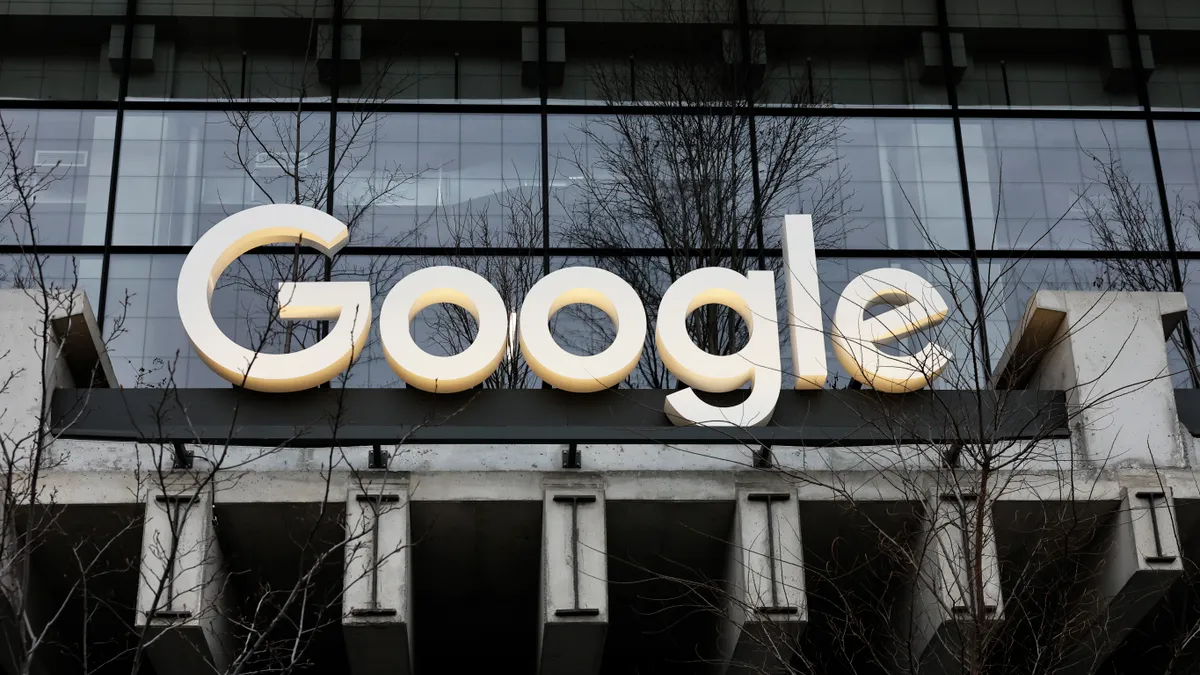Dive Brief:
- Google is rebranding conversational AI tool Bard to reflect the company’s newest large language model family, Gemini, according to a blog post Thursday.
- The company also released two new versions of the tool: Gemini Advanced and a mobile app. Gemini Advanced is powered by the company’s Ultra 1.0 model, enabling longer, more detailed conversations and a better understanding of context from previous prompts, according to the blog post.
- The Ultra 1.0 model was created by applying "specialized post-training" atop Gemini pre-trained models, Google said in a report. The company plans to expand the tool’s multimodal capabilities with deeper data analysis and more interactive coding features in future updates.
Dive Insight:
Tech vendors are banking on generative AI innovations to draw in new customers and boost growth. While the frenzy to release the latest AI add-on or tool last year shifted priorities, vendors are still trying to entice enterprise buyers.
“What is happening with the pace of innovation with generative AI far exceeds the marketing and broader product evolution ecosystems,” Chirag Dekate, VP analyst at Gartner, told CIO Dive. Providers are working to deliver innovative capabilities in a way that is easy to embrace, he said.
While Google’s rebrand is the latest example of simplification, it isn’t alone. Microsoft first introduced Business Chat in March, but by September the tool was called Bing Chat Enterprise and now is simply known as Copilot. Most of Microsoft’s AI tools have the Copilot moniker even if they didn’t start that way.
The move to market AI tools under a single brand helps mask some of the underlying complexity of generative AI and large language model systems, Dekate said.
“Gemini is Google’s simplification,” Dekate said. “This is all about simplifying enterprise experience and simplifying how enterprises should be thinking about their experiences.”
As part of the revamp, Google will refer to its generative AI embedded into Workspace apps, formerly known as Duet AI, as Gemini as well.
Enterprises are soldiering on with their generative AI plans, leaning on vendors and building capabilities in-house. Leaders exploring vendor-developed solutions are often engaging with existing cloud partners, but there are signs that this dynamic could change, according to Dekate.
“For the first time, we are hearing from enterprise clients who are now second-guessing their cloud provider because … while many of them have certainly gone through a cloud transformation, the problem is now they’re feeling left behind,” Dekate said.
Market share among the largest hyperscalers shifted as cloud spending increased by $5.6 billion from Q3 to Q4 last year, the largest quarter-over-quarter increase ever recorded by Synergy Research Group. Microsoft's market share inched up to 24% from 23%, while AWS’ commanding share dipped down to 31% from 33%, according to the data.














